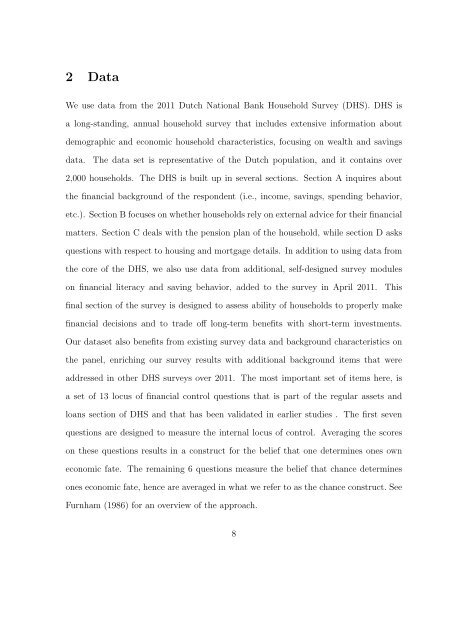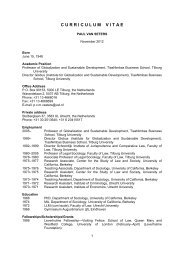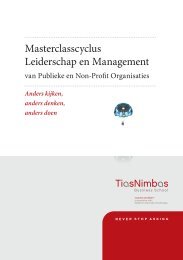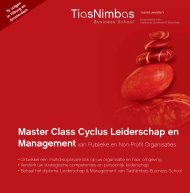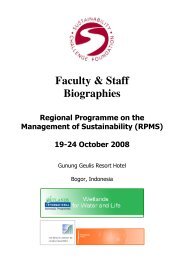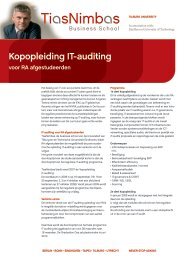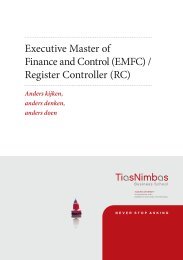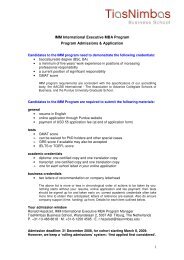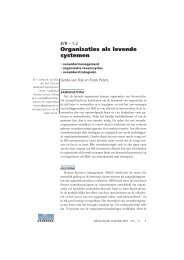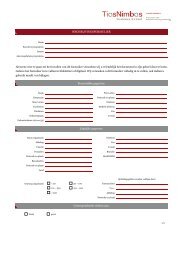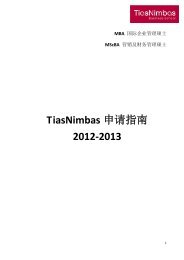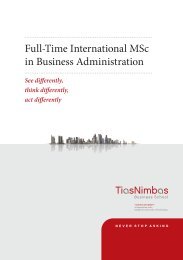Financial Responsibility, Personality Traits and Financial Decision ...
Financial Responsibility, Personality Traits and Financial Decision ...
Financial Responsibility, Personality Traits and Financial Decision ...
You also want an ePaper? Increase the reach of your titles
YUMPU automatically turns print PDFs into web optimized ePapers that Google loves.
2 Data<br />
We use data from the 2011 Dutch National Bank Household Survey (DHS). DHS is<br />
a long-st<strong>and</strong>ing, annual household survey that includes extensive information about<br />
demographic <strong>and</strong> economic household characteristics, focusing on wealth <strong>and</strong> savings<br />
data. The data set is representative of the Dutch population, <strong>and</strong> it contains over<br />
2,000 households. The DHS is built up in several sections. Section A inquires about<br />
the financial background of the respondent (i.e., income, savings, spending behavior,<br />
etc.). Section B focuses on whether households rely on external advice for their financial<br />
matters. Section C deals with the pension plan of the household, while section D asks<br />
questions with respect to housing <strong>and</strong> mortgage details. In addition to using data from<br />
the core of the DHS, we also use data from additional, self-designed survey modules<br />
on financial literacy <strong>and</strong> saving behavior, added to the survey in April 2011. This<br />
final section of the survey is designed to assess ability of households to properly make<br />
financial decisions <strong>and</strong> to trade off long-term benefits with short-term investments.<br />
Our dataset also benefits from existing survey data <strong>and</strong> background characteristics on<br />
the panel, enriching our survey results with additional background items that were<br />
addressed in other DHS surveys over 2011. The most important set of items here, is<br />
a set of 13 locus of financial control questions that is part of the regular assets <strong>and</strong><br />
loans section of DHS <strong>and</strong> that has been validated in earlier studies . The first seven<br />
questions are designed to measure the internal locus of control. Averaging the scores<br />
on these questions results in a construct for the belief that one determines ones own<br />
economic fate. The remaining 6 questions measure the belief that chance determines<br />
ones economic fate, hence are averaged in what we refer to as the chance construct. See<br />
Furnham (1986) for an overview of the approach.<br />
8


